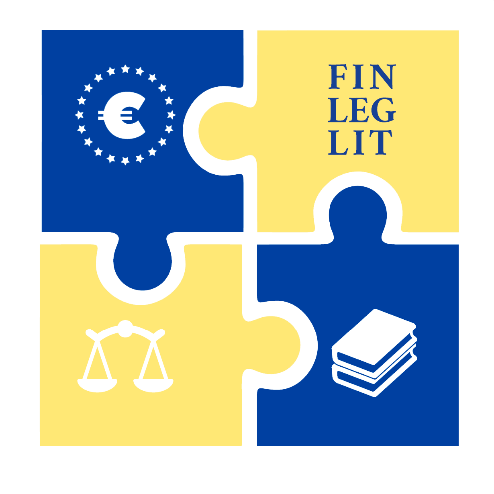| In today’s fast-paced and interconnected environment, financial literacy is an essential life skill. A recent survey conducted by Eurobarometer (European Commission, Monitoring the Level of Financial Literacy in the EU, Eurobarometer, https://europa.eu/eurobarometer/surveys/detail/2953) highlighted the urgent need to improve the financial literacy of European citizens. The results of this survey are worrying: only 18 percent of EU citizens demonstrate a high level of financial literacy, while 64 percent are at an average level and the remaining 18 percent have a low level of financial education. This clear gap in financial skills produces significant consequences both at the individual level and at the level of the economy as a whole.
The European Commission’s recognition of this issue showed that in only four member states do more than a quarter of citizens have high financial literacy. In addition, the survey pointed out that specific demographic groups, such as women, young people, low-income people and those with low levels of education, tend to have lower financial literacy than other groups. This disparity calls for urgent action to address financial illiteracy and its impact on social and economic well-being. In response to this serious concern, the Financial-Legal Literacy for Europe (FIN-LEG-LIT) project, co-funded by the Erasmus+ program, aims to address financial and legal illiteracy. Aiming to equip Europeans with the knowledge and skills they need to manage their finances, the project targets people with medium or low incomes or low levels of education. The FIN-LEG-LIT project (2020-2023) brings together a consortium of five partners from different European countries. The French coordinator, EURL Aristote, is implementing socio-educational and cultural projects for schools. The Guadeloupe association OENE is working to improve conditions for disadvantaged youth. The Lithuanian Institute of Financial Law (Finansu teises institutas) specializes in legal and financial research and education. The Bulgarian European Multicultural Association works with teachers and youth, and finally, the Italian association Euroform RFS offers specialized training for migrants and adults in the field of lifelong learning. The main goals of the FIN-LEG-LIT project are to develop comprehensive tools and training to improve the financial and legal knowledge of EU citizens. The creation of the “Financial and Legal Education Handbook for Europe” is at the heart of the project’s ambitions. This handbook, carefully drafted based on European best practices, is in line with the EU’s goals for financial education of EU citizens and will be offered free of charge to the project’s associations and various social partners. In addition to the manual, the project offers a free “e-learning tool” dedicated to financial and legal education. This tool will serve as a multipurpose resource, adaptable to financial and legal education courses or individual learning at one’s own pace, beyond geographic and time constraints. Financial and legal education workshops for trainers and adult learners are one of the main outcomes of the project. During these workshops in all partner countries, trainers and staff gained valuable knowledge on how to effectively use the tools provided. The manual and e-learning tool will be accessible to all European citizens through the project website (www.finleglit.eu). This democratization of financial and legal education will help build a more inclusive and informed society in which citizens can make informed financial decisions. |


Recent Comments